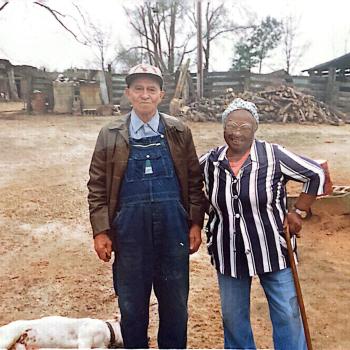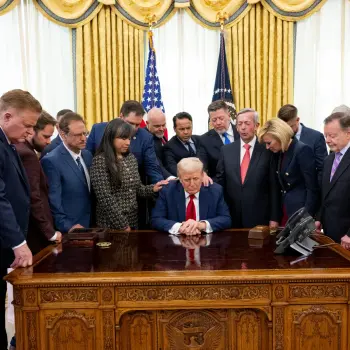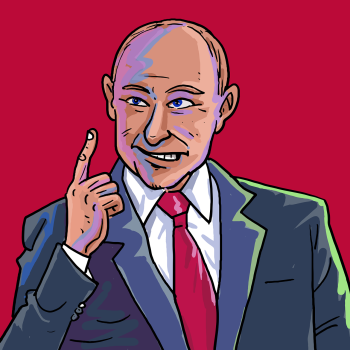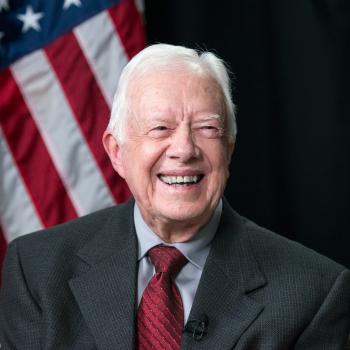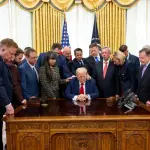“Christian nationalism” is an oxymoron and an excuse for fascists to claim that they are soldiers for God. “America First” is their gospel and their liturgy.
They believe, or at least claim to believe, that The U.S. has some kind of mandate from on high that makes the U.S. better than other nations because God, himself, has favored it with special grace and a destiny to rise and stand above all other nations in the bright light of God’s favor.
Christian nationalists seem to believe that the U.S. was founded by Christians for Christians and that it is ordained by God as a Christian nation.
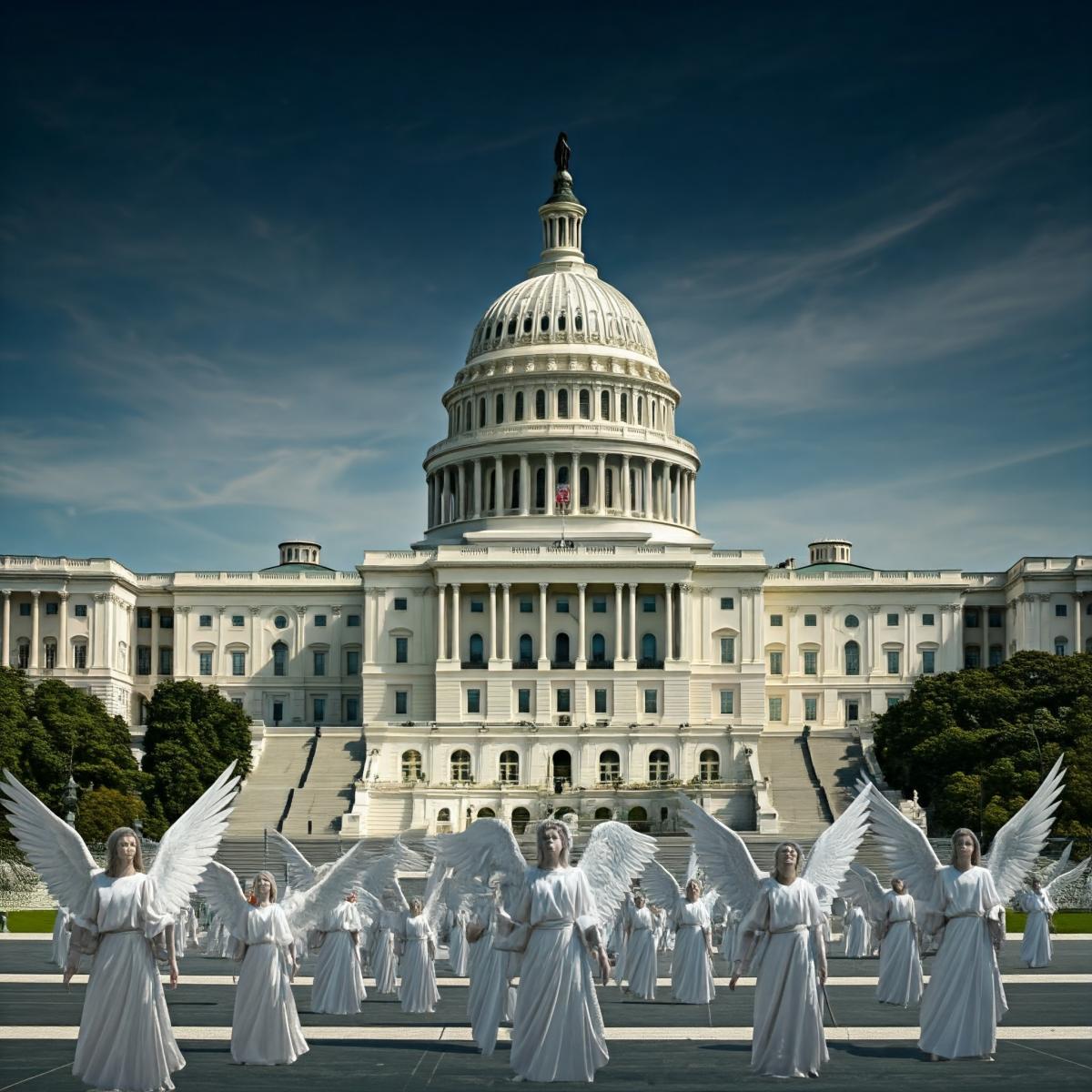
Where do Christian nationalists get their beliefs?
There is not an easy answer here.
We turn first, to Wikipedia:
Whether or not someone should be labeled a Christian nationalist can be contentious, with some scholars arguing that the term is applied to people who do not follow Christian principles or who simply call their political rivals demons. The ambiguity in what the term means can lead to confusion as to where to draw the line, with researcher Paul Djupe creating the Christian Nationalism Scale to measure how many Christian nationalist beliefs a person had.
Contentious or not, the voice of the Christian nationalist rings clear in the pulpit:
(RNS) — Julie Green had good news when she stood up to speak during the ReAwaken America Tour’s latest stop last week at the Trump National Hotel Doral near Miami.
God had told her that Joe Biden was on his way out, she said, according to videos of the event. And God’s people were going to win.
“We’re in the greatest battle for the soul of the nation this nation has ever been in since the founding of this nation,” said Green, an Iowa pastor known as a charismatic prophet and fervent supporter of former President Donald Trump. God’s people, as Green’s theology makes clear, are her fellow Christians. And they would win, she added, because they would not give up: “You’re not quitting on what is rightfully yours,” she told the audience.
Green’s comments captured an essential element of Christian nationalism: The idea that America belongs to and exists for the benefit of Christians. Green’s fellow ReAwaken America Tour speakers — disgraced former Lt. Gen. Michael Flynn, Roger Stone, Eric Trump and MyPillow CEO Mike Lindell, alongside pastors and prophets — are some of the loudest and best-known proponents of the ideology, which helped fuel Trump’s rise to the White House and has made national headlines since the Jan. 6 riot.
The idea of Christian nationalism is tied up, in many minds, with the idea that there is something special or to use their term, something exceptional, about the U.S.
Perry argues that Christian nationalism is not a synonym for evangelical Christians. And not everyone who “votes their values” — a term often used by politically active conservative Christians — qualifies as a Christian nationalist. Nor do people who want religion to play a part in public life, he said.
Perry and Whitehead have defined Christian nationalism this way: “a cultural framework that blurs distinctions between Christian identity and American identity, viewing the two as closely related and seeking to enhance and preserve their union.”
In an interview, Perry contrasted that view with “civil religion”— when the Rev. Martin Luther King Jr. invoked the promises of the Declaration of Independence or President Barack Obama led a grieving congregation in singing “Amazing Grace.” These moments combined spiritual ideas and political moments.
Christian nationalism, Perry said, is more about who should be in charge.
“The difference between Christian nationalism and civil religion is Christian nationalism says this country was founded by our people for a people like us and it should stay that way,” said Perry.
If we take an objective look at this supposed “exceptionalism,” we find a few blemishes on the lily-white façade.
- European settler/conquerors in North America brought European diseases to people who had no natural immunity. Millions of native Americans died from these diseases.
- European settlers brought guns and powder and ammunition to North America. This enabled the settler/conquerors to more quickly take the land from its inhabitants.
- Once the settler/conquerors had established themselves in the newly stolen land, they found a way to ease their agricultural, construction and industrial production: import slave labor. Keep human beings like cattle or pigs.
- Once the war was fought and lost by the slave owners, men in Congress found a way to ensure that if white men could not be the kings of the world, at least in the U.S., men would be the rulers. Until relatively recent decades, women in the U.S. could not:
-
- Vote
- Own property
- Take out a loan without a co-signer
- Obtain a credit card without a husband
Those who make the laws certainly have not behaved in “exceptional” ways over the course of history.
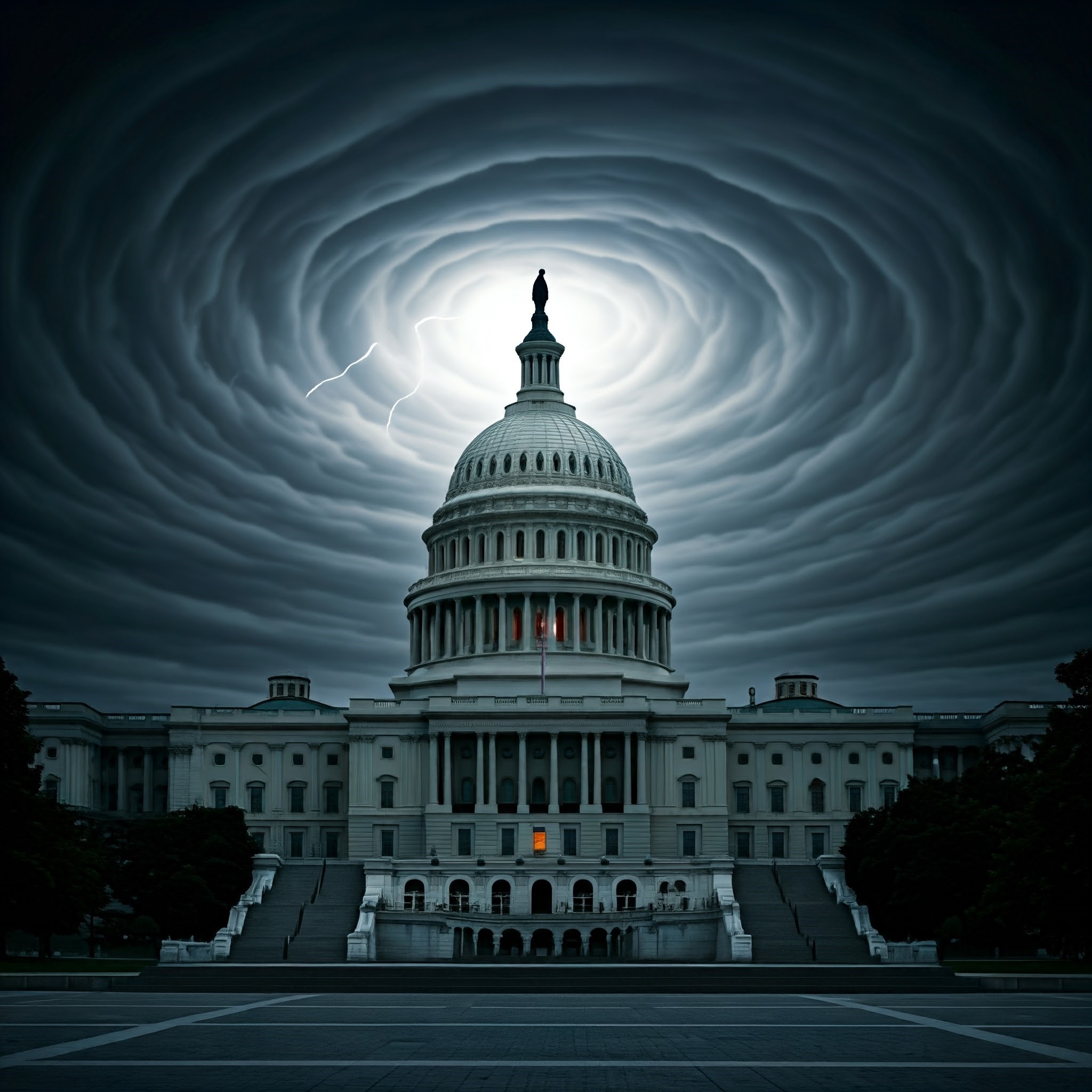
Why does Christian nationalism persist?
This is yet another excellent question. In our supposedly enlightened time, why do so many Americans continue to insist that the U.S. is a “Christian nation?”
We consult a Christian group which opposes this movement:
Today, we are concerned about a persistent threat to both our religious communities and our democracy — Christian nationalism.
Christian nationalism seeks to merge Christian and American identities, distorting both the Christian faith and America’s constitutional democracy. Christian nationalism demands Christianity be privileged by the State and implies that to be a good American, one must be Christian. It often overlaps with and provides cover for white supremacy and racial subjugation. We reject this damaging political ideology and invite our Christian brothers and sisters to join us in opposing this threat to our faith and to our nation.
In 1630, John Winthrop, the Governor of the Massachusetts Bay Colony wrote in a sermon:
Wee shall finde that the God of Israell is among us, when ten of us shall be able to resist a thousand of our enemies; when hee shall make us a prayse and glory that men shall say of succeeding plantations, “the Lord make it like that of New England.” For wee must consider that wee shall be as a citty upon a hill. The eies of all people are upon us.
People, people like politicians (Read: Ronald Reagan) have perverted these words to make them about how the rich getting richer will somehow benefit the middle class and the poor.
Lyndon Johnson was closer to the mark:
“If you can convince the lowest white man he’s better than the best colored man, he won’t notice you’re picking his pocket. Hell, give him somebody to look down on, and he’ll empty his pockets for you.”
“The eies of all people”
Today, the eyes of the world are indeedupon us. We have a choice to make.
On the one hand,
- we can join together with all the peoples of the world in an attempt to solve our energy needs and also protect our environment and our planet.
- we can find common ground between and among our systems of belief and faith and use religion for the good of ourselves and our brethren
- we can embrace the brotherhood and sisterhood of humankind and we can acknowledge and applaud the contributions of marginalized peoples, including all of the many shades and genders.
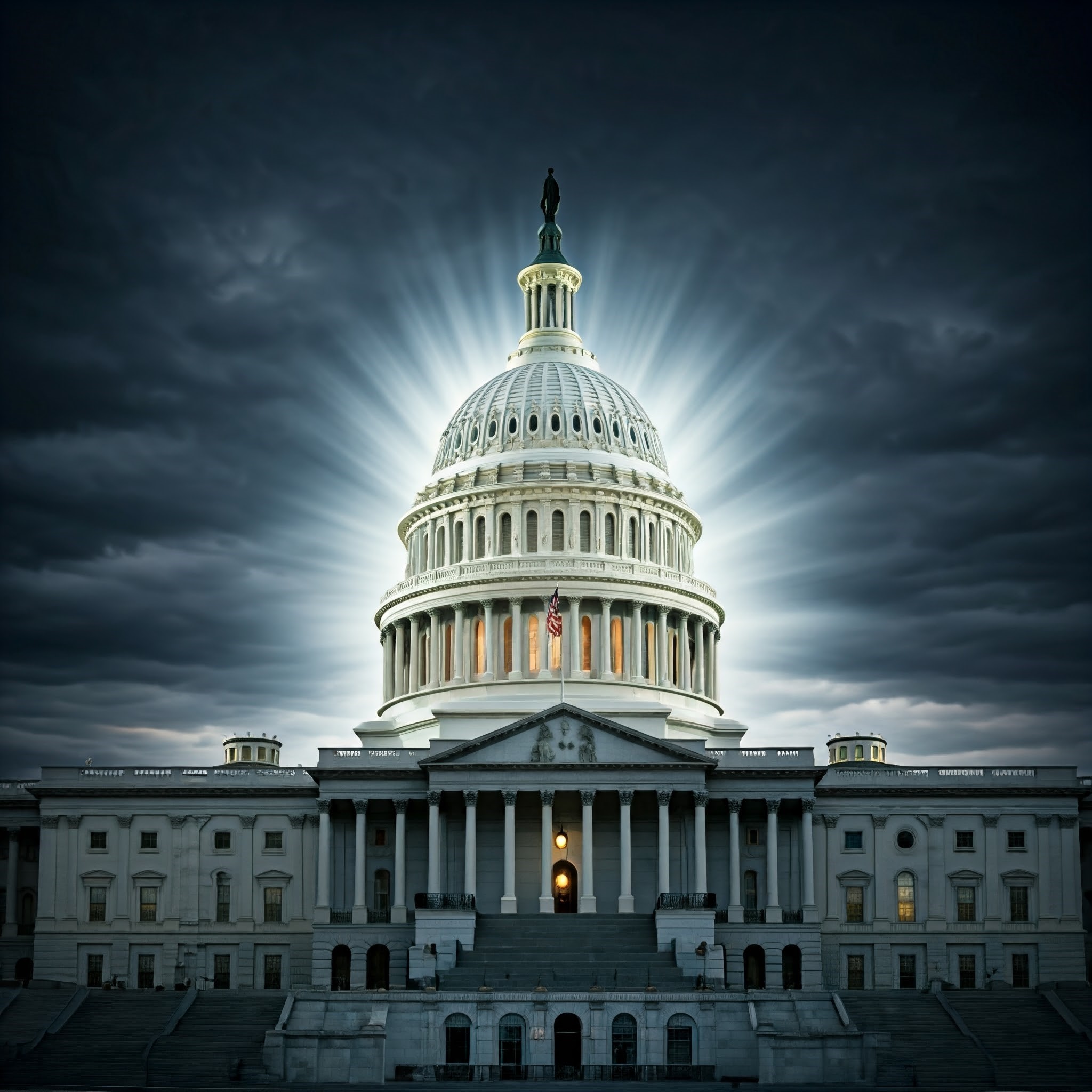
On the other hand,
- we can continue to take from the earth what we want without regard for our children and grandchildren
- we can continue to use religion to intimidate, to threaten and to punish those who do not believe exactly what we tell them to believe
- we can continue to treat anyone who does not look and think exactly like us as an enemy to be defeated and defiled.
In the final crucible, we can be the catalyst for change or the non-reactive, inert mass that gets in the way.
I recognize that not all readers will agree. I invite you and I hope you will reply and leave a comment, positive or negative.




